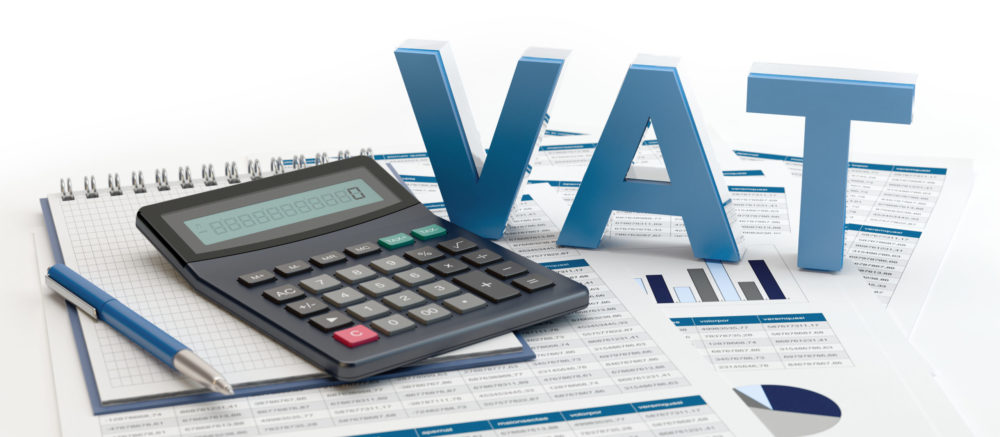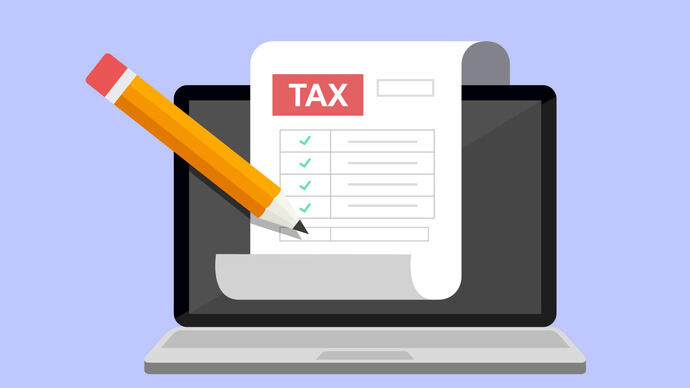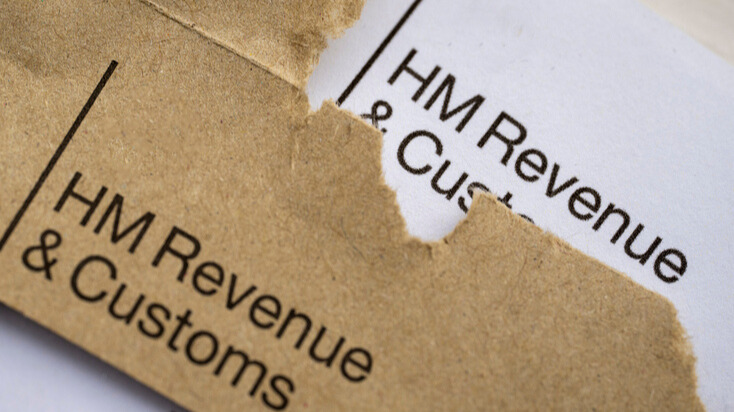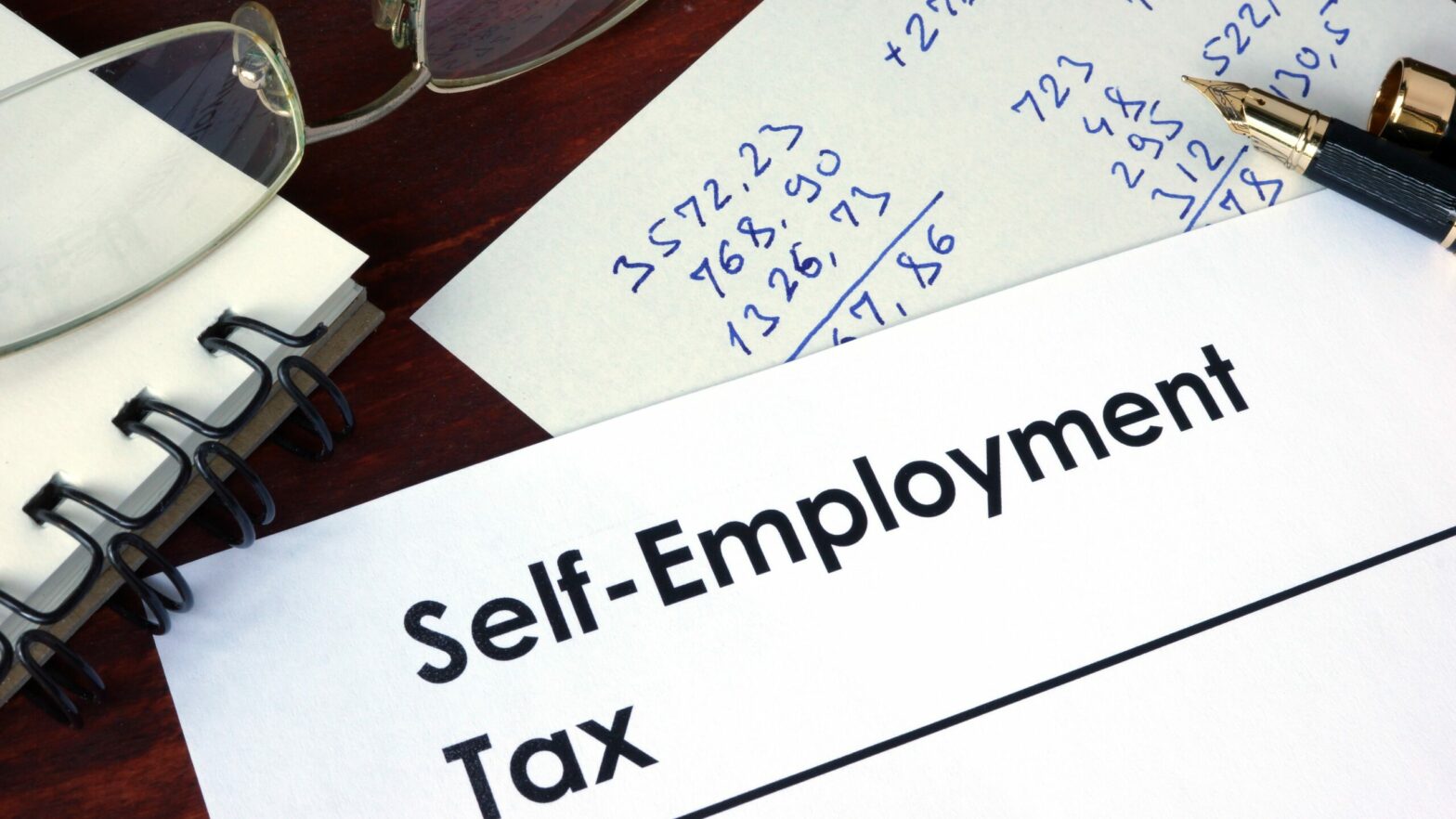Some small business owners are still confused as to whether they should complete their VAT return, according to MHA MacIntyre Hudson.
If you’re a UK VAT registered business and have a VAT payment due between 20 March 2020 and 30 June 2020, you can opt to defer the payment until 31 March 2021 or pay it as normal.
You don’t need to tell HMRC that you’re deferring your VAT payment, but you still need to submit your return in time for your original date. Those who make their payments by direct debit should contact their bank to cancel them in good time.
Alison Horner, indirect tax partner at MHA MacIntyre Hudson, says:
“The VAT deferral scheme is automatic but this fact has lulled some businesses into thinking they don’t need to complete a VAT return. It’s easy to think this is no longer necessary, especially as the national shutdown means many businesses can’t physically get to their offices or have furloughed the relevant staff.
“While VAT returns may be digital, businesses still often need to look through paper invoices to get the information they need. Businesses may assume government understands this, and don’t expect a VAT return given they are advising people to work from home.”
She stresses that you must submit your return or HMRC won’t know how much VAT to defer.
“If companies don’t submit their return, two weeks after its due date, they will be given a central assessment which is effectively HMRC’s guess at their VAT bill. It’s inadvisable to accept a central assessment if it puts your VAT liability lower than it would have been if you had filled out your return –this is potentially fraud.”
The government states that payments made at the end of the deferral period will be made as normal. More details will be released on this soon.
I can’t get to into work – how can I access invoices?
Horner says that the ideal solution would be to submit an estimated VAT return, but HMRC aren’t so keen.
“Using this method requires prior authorisation from HMRC and unfortunately preliminary enquiries suggest it is currently resistant to this solution. If this stance is confirmed in the next few days and weeks it would be a shame, and until we have clarification, we can’t recommend an estimated VAT return as a fail-safe solution.”
If you are in financial distress with outstanding tax liabilities, seek help from the Covid-19 business helpline by ringing 0800 024 1222 (Mon-Fri, 8am-4pm). For future payments, it’s best to call nearer your VAT return date.
For those still paying on their expected date, the taxman says that they will be processing reclaims and refunds as normal during this period.
Read more
HMRC’s new digital VAT rules – 6 steps for submitting tax returns correctly





